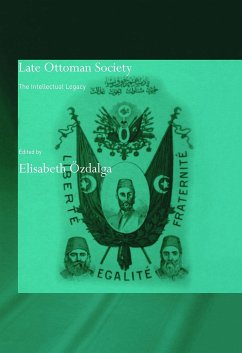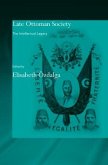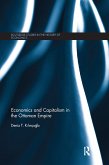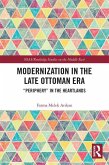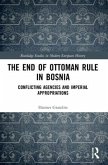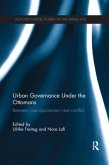When the Ottomans commenced their modernizing reforms in the 1830s, they still ruled over a vast empire. In addition to today's Turkey, including Anatolia and Thrace, their power reached over Mesopotamia, North Africa, the Levant, the Balkans, and the Caucasus. The Sultanate was at the apex of a truly multi-ethnic society. Modernization not only brought market principles to the economy and more complex administrative controls as part of state power, but also new educational institutions as well as new ideologies. Thus new ideologies developed and nationalism emerged, which became a political reality when the Empire reached its end. This book compares the different intellectual atmospheres between the pre-republican and the republican periods and identifies the roots of republican authoritarianism in the intellectual heritage of the earlier period.
'All of the articles in this volume are useful introductions to their respective areas of emphasis. This volume is highly recommended to students and scholars alike interested in the intellectual legacy of the late Ottoman Empire' - Kent Schull, Middle East Studies Association Bulletin, Volume 40 Number 2, December 2006
'Readers concerned with these subjects should not neglect this book, for which Ozdalga is to be greatly congratulated' -Omer Turan, International Journal of Middle East Studies, November 2007
'Readers concerned with these subjects should not neglect this book, for which Ozdalga is to be greatly congratulated' -Omer Turan, International Journal of Middle East Studies, November 2007

